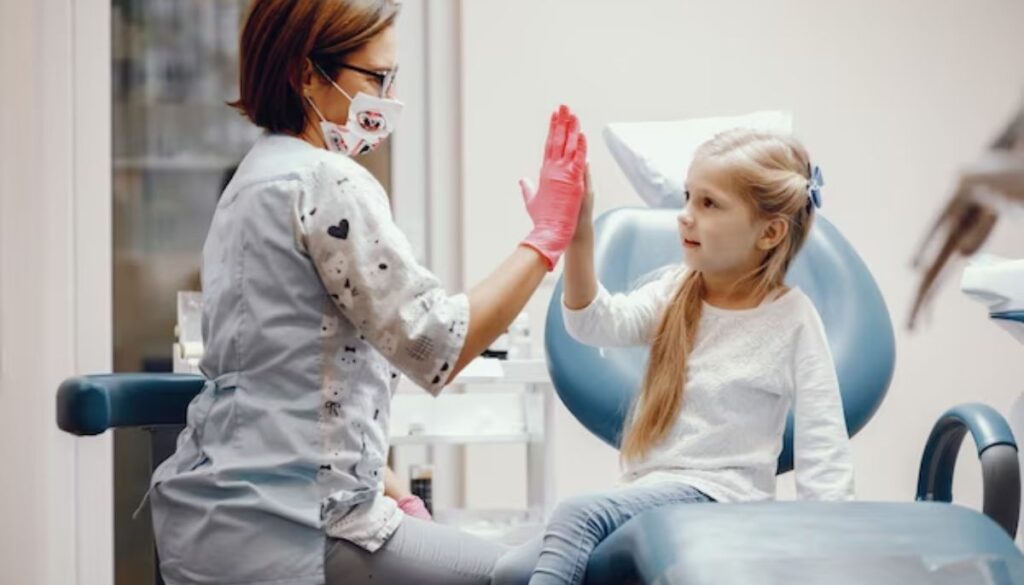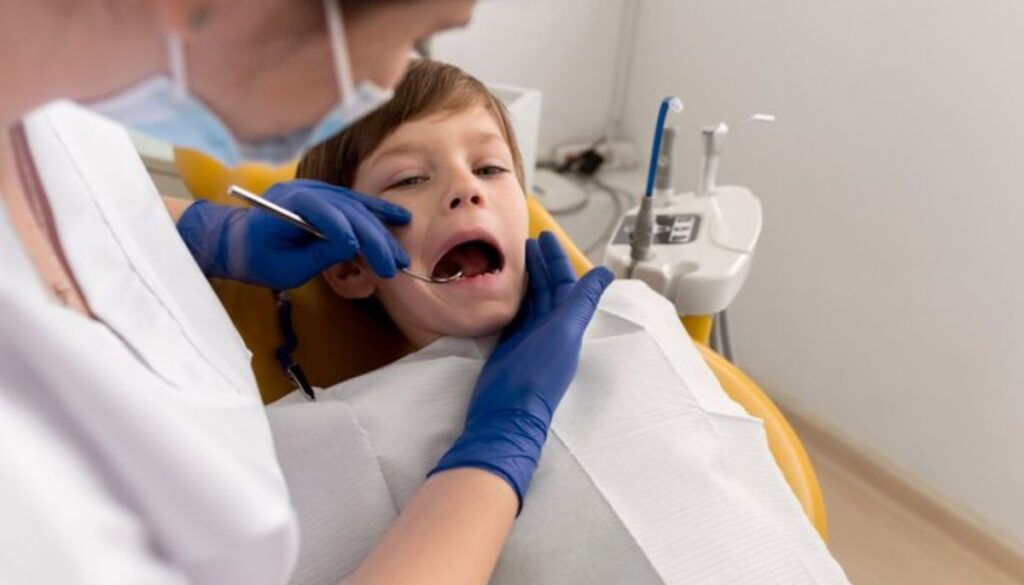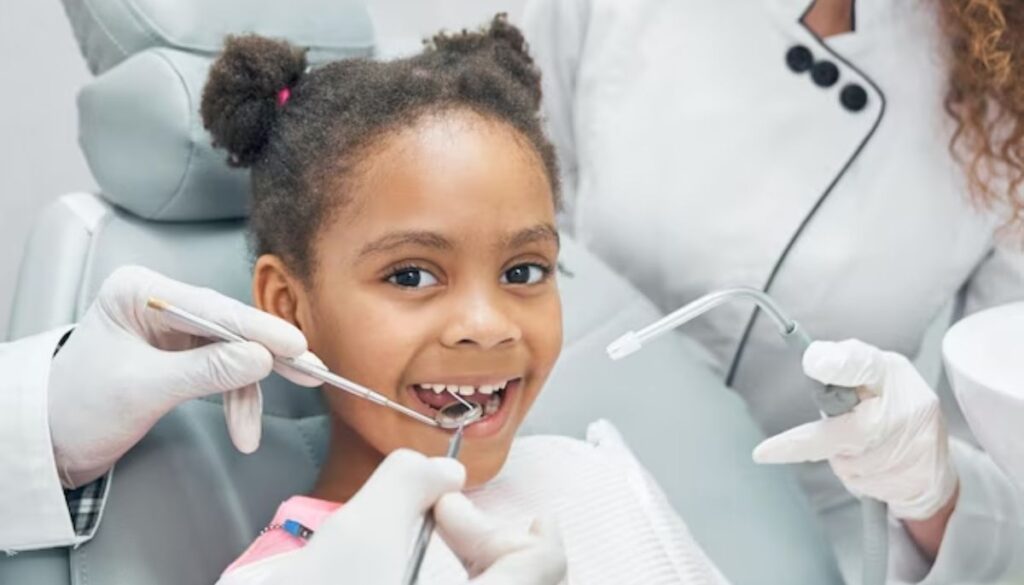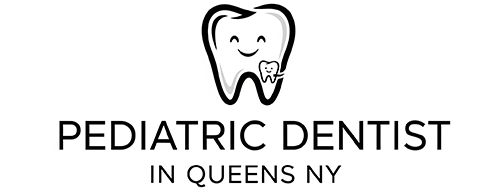As parents, ensuring the health and well-being of our children is a top priority, and dental care is a crucial part of this equation.
However, for families without dental insurance, understanding and managing the costs of pediatric dental visits can be challenging.
This article aims to shed light on the typical costs associated with pediatric dental care without insurance and provide practical advice for making dental visits more affordable.
Understanding the Costs of Pediatric Dental Visits

Average Costs
The cost of a pediatric dental visit can vary significantly depending on the location and services required.
Generally, a standard dental visit for procedures like cleaning and fluoride application can range from $30 to $60.
However, these are baseline figures, and the actual cost could be higher based on the dentist’s expertise and the specific dental needs of your child.
Breakdown of Services
A routine dental check-up without insurance typically costs between $80 to $200, including an examination, cleaning, and potentially X-rays.
It’s essential to understand that these costs are for basic preventive care.
If your child requires additional treatments, such as fillings or orthodontic consultations, the costs will increase accordingly.
Factors Influencing Dental Costs

Several factors can impact the cost of dental services. The location of the dental practice plays a significant role, with urban areas generally having higher fees than rural areas.
The type of treatment needed also affects the cost – a simple check-up will be less expensive than a more complex procedure like a root canal.
Additionally, the dentist’s experience and the clinic’s overhead costs are also contributing factors.
Affordable Dental Care Strategies

Navigating dental care expenses without insurance requires a proactive approach. Here are some strategies to consider:
- Payment Plans and Financing Options: Many dental clinics offer payment plans, allowing you to spread the cost of treatment over several months.
- Dental Discount Plans: Unlike insurance, dental discount plans provide reduced rates on dental services at participating clinics. These can be a cost-effective alternative to traditional insurance.
- Dental Schools Services: Dental schools often offer services at a lower cost, performed by students under the supervision of licensed professionals. This can be a great way to access quality dental care at a more affordable price.
- Community Health Centers: These centers sometimes provide dental services at reduced costs or on a sliding scale based on income, making them a valuable resource for families without insurance.
Conclusion
Understanding the costs associated with pediatric dental visits and knowing the various options available can help parents make informed decisions about their child’s dental care.
While the absence of insurance poses a challenge, it shouldn’t be a barrier to accessing essential dental services.
By researching and utilizing the available resources, you can ensure your child receives the necessary dental care without putting undue strain on your finances.
FAQs about How Much Is a Pediatric Dental Visit Without Insurance
What is the average cost of a pediatric dental visit without insurance?
The average cost for a pediatric dental visit without insurance typically ranges from $30 to $60 for basic procedures like cleaning and fluoride application.
However, this cost can vary based on the dentist’s location and the services provided.
For a comprehensive dental check-up, the cost can range from $80 to $200, including an examination, cleaning, and potentially X-rays.
At what age should a child start visiting the dentist?
It is recommended that children start their dental visits by the age of one or within six months after their first tooth emerges.
Early dental visits are crucial for assessing the child’s oral health and providing guidance on proper oral care.
Are there affordable care options for pediatric dental visits without insurance?
Yes, there are several options for affordable pediatric dental care. These include payment plans offered by dental clinics, dental discount plans, services at dental schools where procedures are performed by students under supervision at reduced rates, and community health centers offering services at a reduced cost or on a sliding scale based on income.
Can dental issues in children lead to other health problems?
Yes, untreated dental issues in children can lead to other health problems. Poor oral health can result in issues such as pain, infections, difficulties with eating, and it can also affect a child’s self-esteem.
Additionally, certain dental problems may be indicative of or contribute to broader health issues.
What should a parent expect during a child’s first dental visit?
During a child’s first dental visit, the dentist will typically conduct a thorough oral examination to assess the health of the teeth and gums.
They may also clean the child’s teeth and apply fluoride. The visit often includes a discussion with the parent about proper oral hygiene practices for the child, dietary recommendations, and any potential concerns or questions the parent might have.

Mary – Queens Pediatric Dental Resource Manager. I’m a dental health researcher and parent advocate based in Queens, NY. After struggling to find reliable pediatric dental information during my own child’s dental emergency, I created this resource to help other Queens families navigate their children’s oral health needs.
I curate evidence-based information from leading pediatric dental organizations, peer-reviewed research, and trusted dental health experts. While I’m not a dentist, I’m committed to providing accurate, practical guidance that helps parents make informed decisions.
All content is thoroughly researched and includes proper medical disclaimers directing families to consult qualified pediatric dentists for their children’s specific needs.
